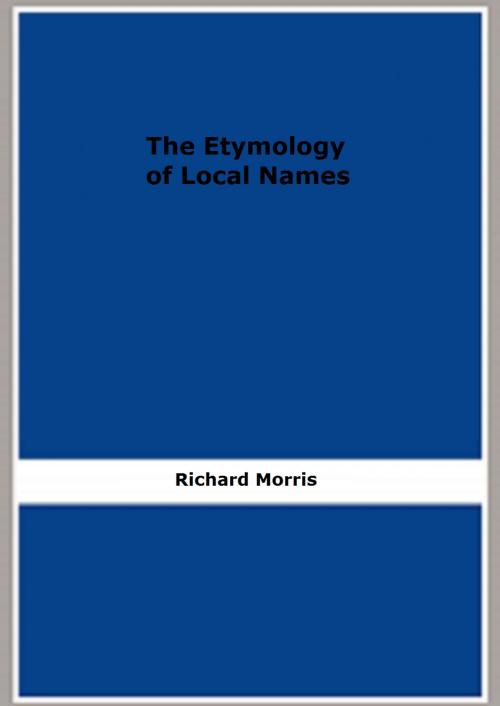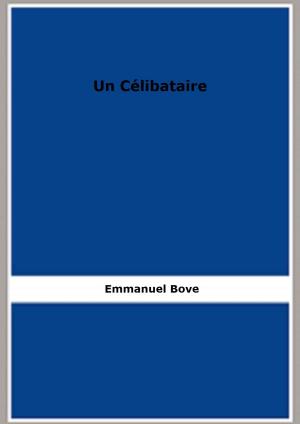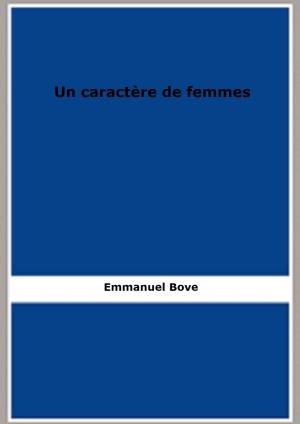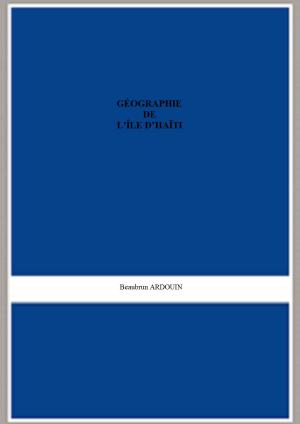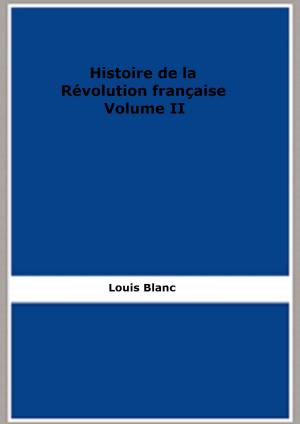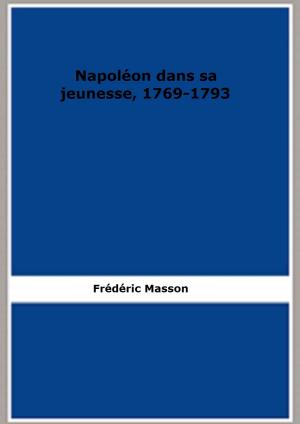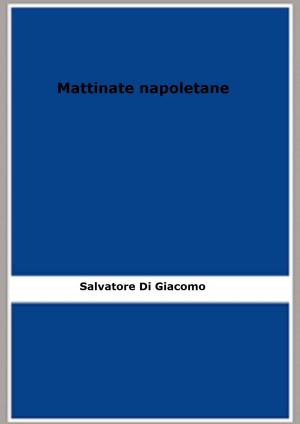The Etymology of Local Names
With a short introduction to the relationship of languages. Teutonic names.
Nonfiction, Reference & Language, Language Arts, Study & Teaching, Linguistics| Author: | Richard Morris | ISBN: | 1230002474731 |
| Publisher: | FB Editions | Publication: | August 12, 2018 |
| Imprint: | FB Editions | Language: | English |
| Author: | Richard Morris |
| ISBN: | 1230002474731 |
| Publisher: | FB Editions |
| Publication: | August 12, 2018 |
| Imprint: | FB Editions |
| Language: | English |
“Languages,” says the author of “The Cosmos,” “compared with each other, and considered as objects of the natural history of the human mind, being divided into families according to the analogy of their internal structure, have become a rich source of historical knowledge. Products of the mental powers, they lead us back, by the fundamental characters of their organisation, to an obscure and otherwise unknown distance. The comparative study of languages shows how races, or nations, now separated by wide regions, are related to each other, and have proceeded from a common seat; it discloses the directions and paths of ancient migrations; in tracing out epochs of development, it recognises in the more or less altered characters of the language, in the permanency of certain forms, or the already advanced departure from them, which portion of the race has preserved a language nearest to that of their former common dwelling-place.”
The coincidences between the languages of the globe have been made the subject of careful study by eminent scholars, who have established Comparative Philology upon the footing of a new science.
“Languages,” says the author of “The Cosmos,” “compared with each other, and considered as objects of the natural history of the human mind, being divided into families according to the analogy of their internal structure, have become a rich source of historical knowledge. Products of the mental powers, they lead us back, by the fundamental characters of their organisation, to an obscure and otherwise unknown distance. The comparative study of languages shows how races, or nations, now separated by wide regions, are related to each other, and have proceeded from a common seat; it discloses the directions and paths of ancient migrations; in tracing out epochs of development, it recognises in the more or less altered characters of the language, in the permanency of certain forms, or the already advanced departure from them, which portion of the race has preserved a language nearest to that of their former common dwelling-place.”
The coincidences between the languages of the globe have been made the subject of careful study by eminent scholars, who have established Comparative Philology upon the footing of a new science.
